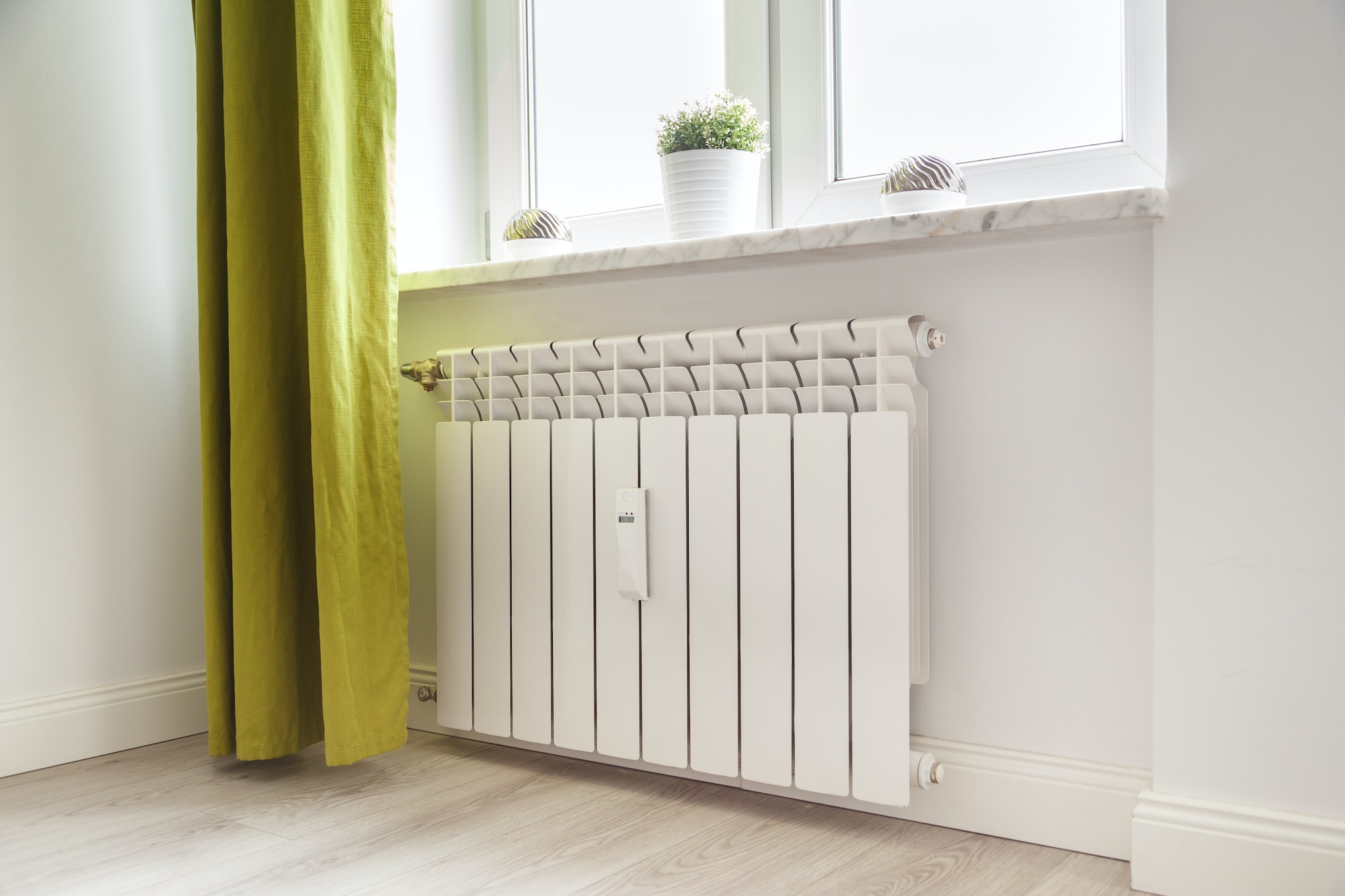Your home’s radiators are one of the most critical components of your heating system, and if they’re not functioning correctly, your home isn’t going to provide a warm escape from the winter weather. If your radiators are more than a few years old, it may be time to think about upgrading them.
In this guide, we’ll talk about everything you need to consider before replacing your radiators.
How Do I Know When It’s Time To Replace the Radiators?
Here are a few signs that it’s time for new radiators:
1. Your energy bills have gone up
If you’ve noticed that your energy bills have been creeping upward, even though you haven’t changed your heating habits, it could be due to inefficiency in your radiators. Older radiators can lose a lot of heat through their metal surfaces, making your heating system work harder (and use more energy) to maintain the same level of warmth.
2. Your radiators are making strange noises
If your radiators start making hissing, banging, or other strange noises, it’s time for an upgrade. These noises are usually due to a build-up of sediment in the radiator and can cause serious damage if left unchecked.
3. Your home isn’t as warm as it used to be
If you’ve noticed that your home doesn’t seem to be as warm as it used to be, even when the heat is turned up high, it could be due to inefficient radiators. Over time, the metal surfaces of radiators can become corroded, which reduces their ability to transfer heat.
Styles of Radiator
There are many different styles of radiators to choose from, including modern-looking vertical radiators, but the best one for your home will depend on your needs and preferences. Here are some more popular designs.
1. Cast iron radiators
Cast iron radiators are durable and long lasting, making them an excellent choice for homes with high heat demand. They’re also very heavy, so they’re not the best option if you’re looking for something that’s easy to install.
2. Aluminum radiators
Aluminum radiators are a good option if you’re looking for something that’s lightweight and easy to install. However, they’re not as durable as cast iron radiators and may not be able to handle as much heat.
3. Copper radiators
Copper radiators are a good choice if you’re looking for something that’s durable and has a high heat capacity. However, they’re more expensive than other options and can be challenging to install.
How To Choose The Right Radiator For Your Home
There are a few things to consider when choosing the right radiator for your home:
1. The size of your room
The size of your room will determine the number of BTUs (British Thermal Units) required to maintain a comfortable temperature. Larger rooms will need more BTUs, so choose a radiator with a higher heat capacity if you have a large space to heat.
2. The climate in your area
If you live in an area with a colder climate, you’ll need a radiator that can generate more heat. Choose a radiator with a higher BTU rating if you live in a cold climate.
3. Your budget
Radiators can vary significantly in price, so it’s essential to consider your budget when making a purchase. Shop around and compare prices to find the best deal on the perfect radiator for your home.
How Many Radiators Can My Boiler Support?
The number of radiators your boiler can support will depend on the model and size of the boiler.
Too many will mean that the boiler will constantly be running to heat the water, which will be costly in terms of both energy and money. It may also mean that the radiators furthest away from the boiler never get as hot as they should because there isn’t the power to push the hot water that far around the system.
As a general rule –
- A 12kW boiler is a perfect size for heating a home with up to 10 radiators.
- An 18kW boiler is powerful enough to run between 10 and 15 radiators, making it ideal for medium-sized properties.
- A 30kW heat-only system boiler can heat between 15 and 20 radiators, making them the ideal choice for larger properties.
- A 35-40kW boiler provides enough power to heat large family homes and is capable of running over 20 radiators.
Do be aware that this is only a guideline, and the layout and design of your home also need to be taken into account to understand the perfect ratio of radiators for your boiler.
Can I Fit Radiators Myself?
If you’re handy with tools and have some experience with plumbing, you may be able to install your new radiators yourself. However, do be aware that this can be a very messy job, so make sure that you’re prepared for the mess before you start. If you’re not confident in your ability to install radiators, it’s best to hire a professional to do the job for you.
Discover more from Futurist Architecture
Subscribe to get the latest posts sent to your email.



